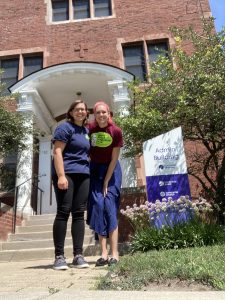Water is everywhere. Above the Earth in the form of both air and clouds. On the surface of Earth in the forms of rivers, oceans, and ice. Inside the Earth just right under the surface. 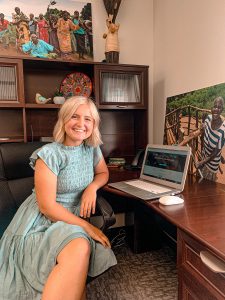
Could this be why it is the most basic, yet taken for granted, human need? Because it’s everywhere.
With nearly 71% of the Earth’s surface being water, and for a person who has water at their daily disposal it can be hard to understand how water could be unavailable, or that people could be going without.
I mean if you think about it, people in the United States even associate water with recreational activities and even vacation, some people might even take its far to say that being in or near the water is their “happy place”.
Now let’s think about a few things.
How many times a day do you think the average person fills their water bottle? Also to keep in mind, more than likely the water bottle “has” to be an insulated HydroFlask to keep the water perfectly chilled. Think about it.
How many times a week do you think the average person takes a shower? If not one daily, but potentially multiple daily depending on their profession and lifestyle. Think about it.
How many times a month do you think the average person leaves the water running for the duration of time while brushing their teeth? Also, if this is multiplied by two, considering the person brushes their teeth both morning and evening. Think about it.
Think about the number of conversations that have been exchanged between individuals, over what’s considered to be a highly debatable topic of “What brand of water is the best?”. I mean it’s definitely, Ice Mountain, am I right or are they all the same?
During our lives, we all have been guilty of at least one or multiple of these instances.With these instances, it exemplifies the role of water within the average United States citizen’s life. These instances also only begin to scratch the surface of how people are able to quickly take for granted the access and availability of water we have within our country.
Speaking statistically, the average person is made up of 60% of water. Our hearts and brains are composed of 73% water. Our lungs are composed of 83% water. People need water. It is part of our physical make-up but also an attribute in ensuring quality of life throughout other aspects of our lives that physical well-being impacts.
It is devastating to think that there are people lacking access and availability to water, and that ultimately impacts their quality of life.
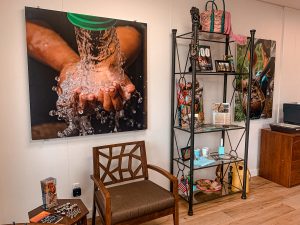 With that being said, that statement takes us to a different location of the world, that being rural African Communities within Ethiopia, Uganda, and Tanzania. Within these communities, water is not as easily available as it is within the United States, and if it is, the water is both unclean and unsafe for people to use, but they are still using it because it is all they have. And as we know, people need water.
With that being said, that statement takes us to a different location of the world, that being rural African Communities within Ethiopia, Uganda, and Tanzania. Within these communities, water is not as easily available as it is within the United States, and if it is, the water is both unclean and unsafe for people to use, but they are still using it because it is all they have. And as we know, people need water.
For women and children within these communities, they will wake up early in the morning to spend approximately 6 walking, waiting, and fetching for the unclean, unsafe water to bring back to their family. Within their walks for water, there are obstacles and challenges that both women and children encounter.
For the children’s challenges, they are spending on average 6 hours of their day walking, waiting, and fetching for the water. With that being said, it leaves little time in their day for education. Will a child fetch water or will they attend school? Children have to make a choice or the choice is ultimately made for them. Something to also be considered with children not being able to attend school is the consideration of young girls; since they are not having the opportunity to be educated, they are getting married younger which then leads to becoming a wife, then mother, and then serving their family without ever having been able to receive an education.
And for women’s obstacles, they experience feelings of fear and uncertainty as they are traveling lengthy distances in unfamiliar surroundings putting them at a higher risk of potentially being sexually assaulted as they are walking for water. With that, the walk for water is long, if a woman is spending her entire day walking, waiting, and fetching water she is not able to upkeep with the household demands of making a house a home, therefore dinner is not on the table when her husband gets home and the house isn’t clean; depending on the relationship and circumstances, this can lead to instances of domestic abuse.
For the basic need of water, women and children are sacrificing their quality of life to provide for the people of their communities. Also to mention, with the unclean and unsafe water, it is often ridden with waterborne diseases, then bringing an entirely different set of health related problems to these rural African communities because people are getting sick from the water.
When we stop and think about it, it is incredibly hard to wrap our minds around. This concept of how desperate the people within the communities are for water, then here in the United States we won’t drink a bottle of water if it isn’t our preferred brand or we won’t drink a bottle of water if it is warm. But this entitlement comes from having water at our fingertips, and not having to think twice about where it comes from or how our lives would be different if we didn’t have it so readily available.
For the people of these rural African communities, this is where the blessing of the work done by Water to Thrive comes into effect. With Water to Thrive building a well within communities in Ethiopia, Tanzania, and Uganda they are essentially being “built a blessing” when a well is established within a community.
With the funding and building of a well, a community is able to have easier access to clean and safe water which will ultimately improve and impact the quality of their lives positively.
With having access to clean and safe water, the aspects of life positively impacted are overall better health, improved sanitation and hygiene, more opportunity for education, and decreased instances of both sexual assault and domestic violence.
Also, the time it takes to walk, wait, and fetch for water is decreased exponentially because the clean water source within the community is placed in a central, practical location that allows for convenient access allowing for women and children to pursue other endeavors enhancing their quality of life with either pursuing education, taking up a trade, or developing a craft for revenue. 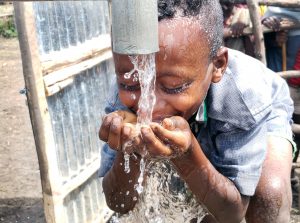
Overall, the work that Water to Thrive does to fund and build a well within a community helps aid in the Global Water Crisis and impact the lives of the users for the better, while also providing longevity and sustainability within the community and their relationship with water.
Through my internship position, I have been able to be a small part in making a larger impact with the work I have done this summer. For my internship project, I was first able to do Marketing and Outreach within my local area, with hopes to potentially spread the message about Water to Thrive. From there, my project was extended to Media Outreach with my goal being to initiate and implement the summer Facebook Live Series, “Where There is a Well, There is Hope”. This Series was educationally based, with each week being centered around a different topic relating to the Global Water Crisis, Water to Thrive, and the work being done through the nonprofit. All of the sessions can be found on the Water to Thrive Facebook Page.
Being an intern with Water to Thrive this summer, I have felt incredibly thankful to have had this eye opening, perspective changing experience in relation to educating and understanding in greater depth the Global Water Crisis. Then being able to pay my knowledge forward in raising awareness and educating on the Global Water Crisis while also sharing the mission of Water to Thrive with others.







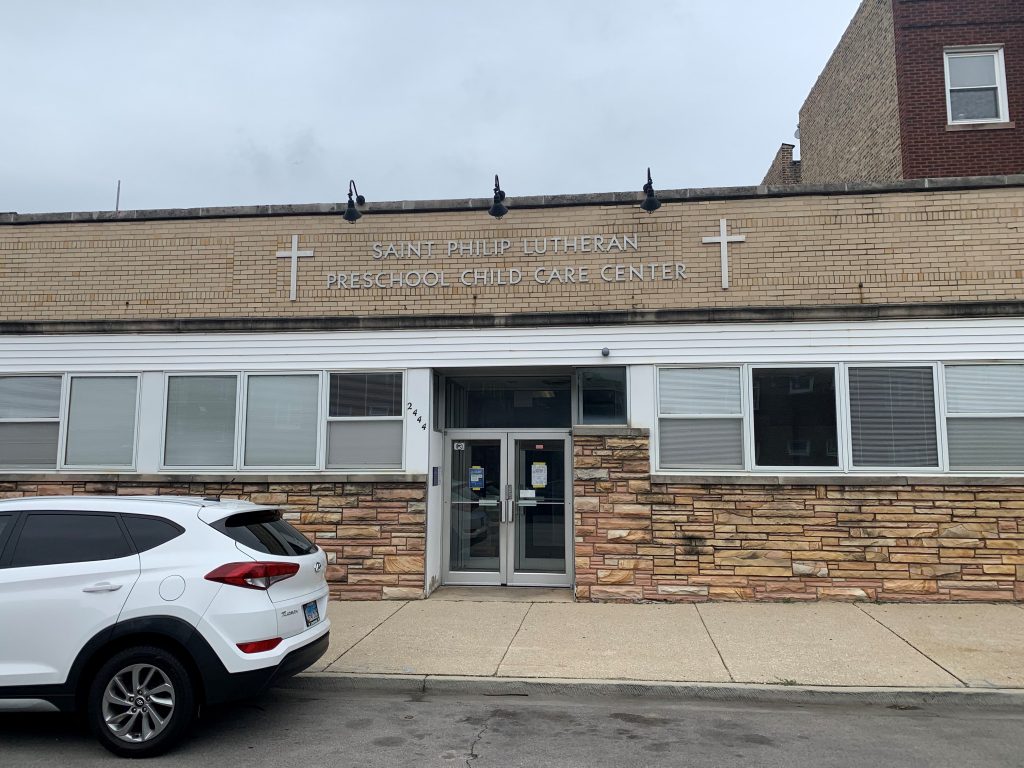
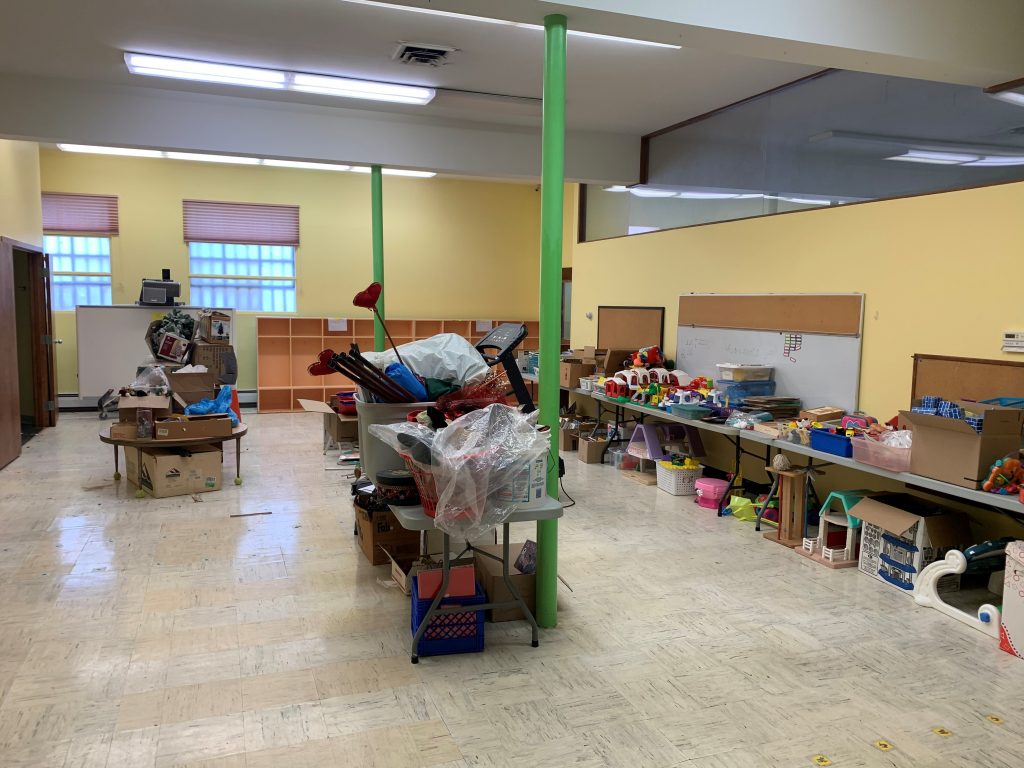
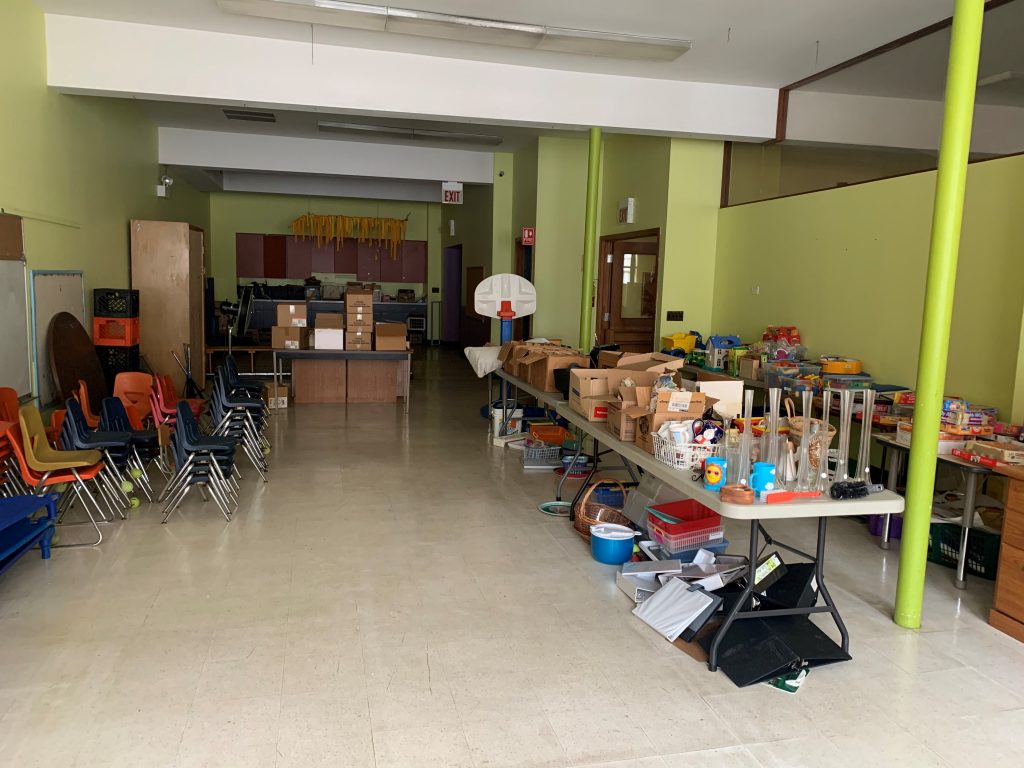
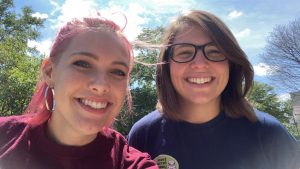
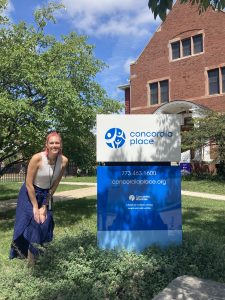 sure the change in environment helped my drive, but I felt most excited to work after I talked with my supervisor or one of my coworkers about my job. In past work experiences, I’ve had a hard time being social at the workplace because I’m so focused on my job. However, at Concordia Place, I found that allowing myself to open up to others gave the organization more meaning. By recognizing the individuals who make up the organization rather than just the overall work of the group, I felt closer to the mission of Concordia Place and to my own work.
sure the change in environment helped my drive, but I felt most excited to work after I talked with my supervisor or one of my coworkers about my job. In past work experiences, I’ve had a hard time being social at the workplace because I’m so focused on my job. However, at Concordia Place, I found that allowing myself to open up to others gave the organization more meaning. By recognizing the individuals who make up the organization rather than just the overall work of the group, I felt closer to the mission of Concordia Place and to my own work.